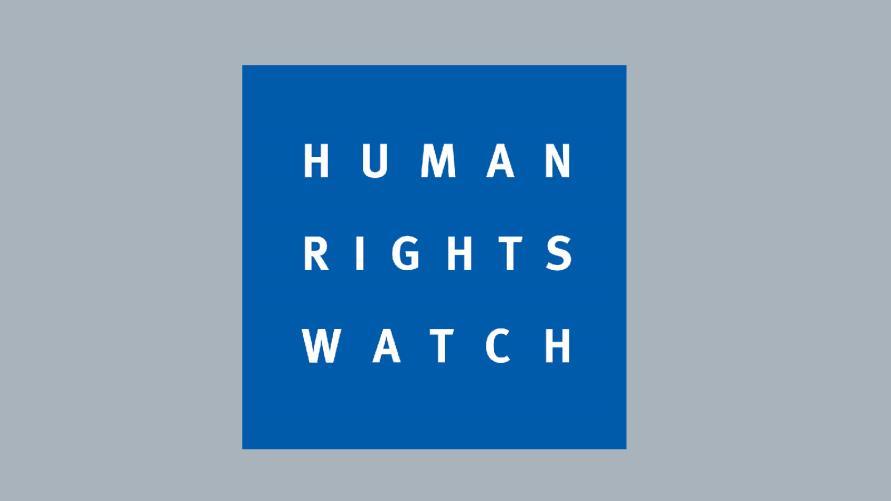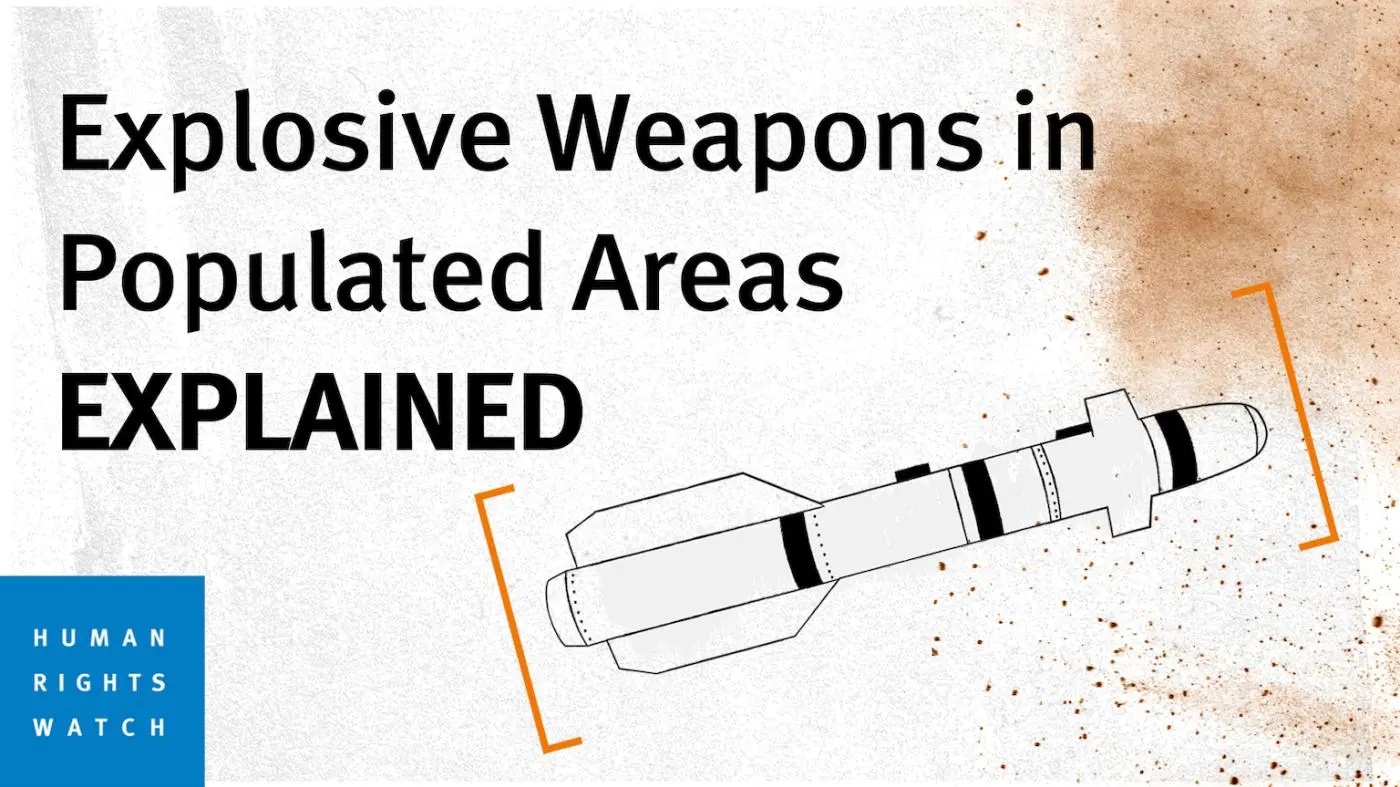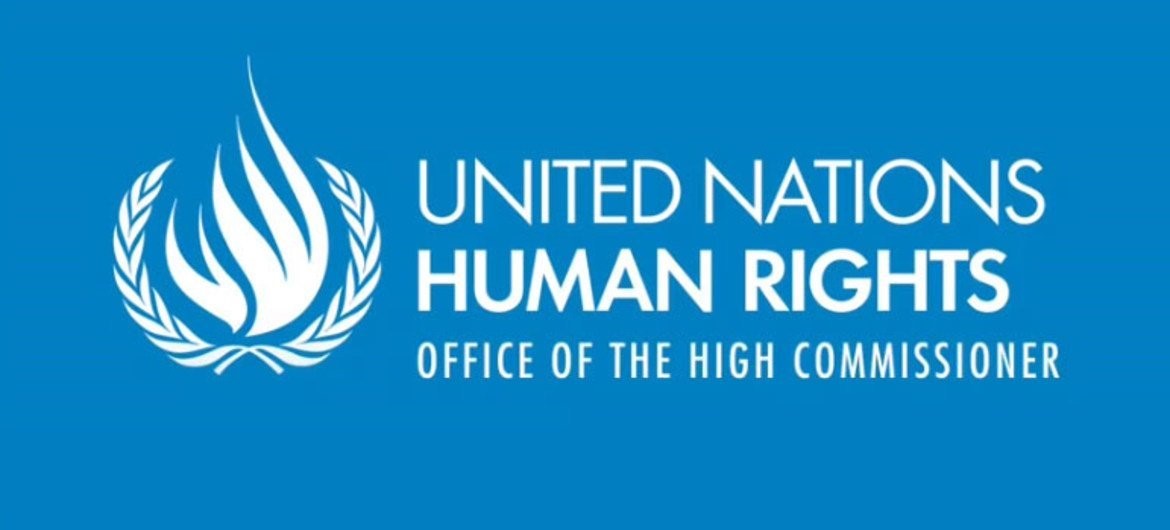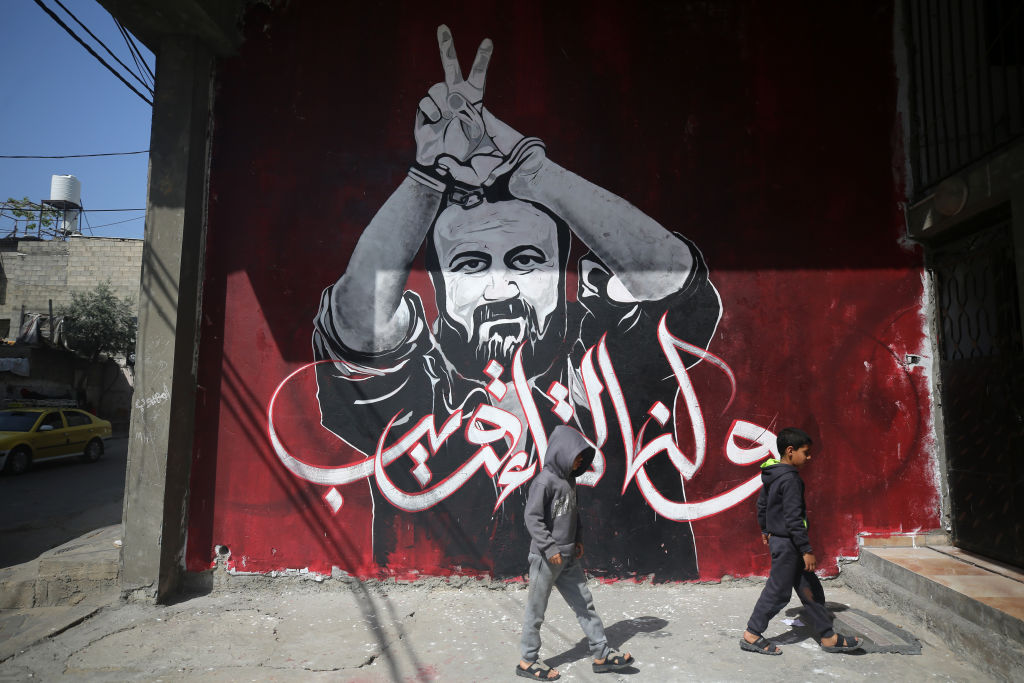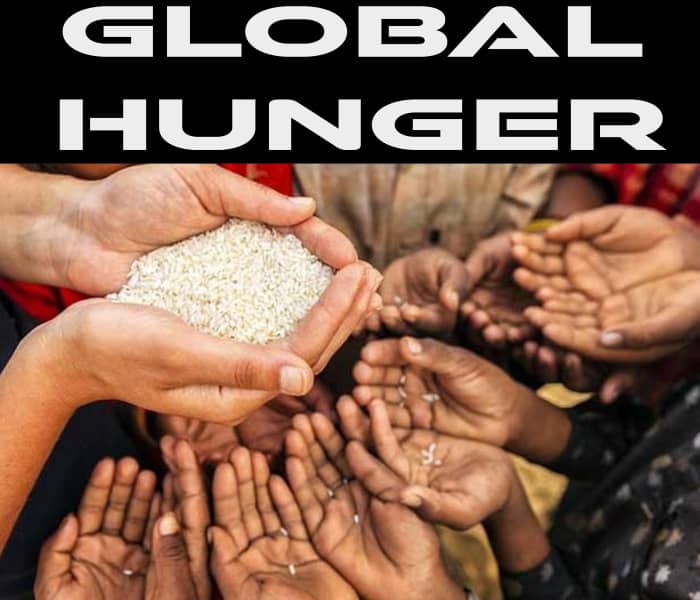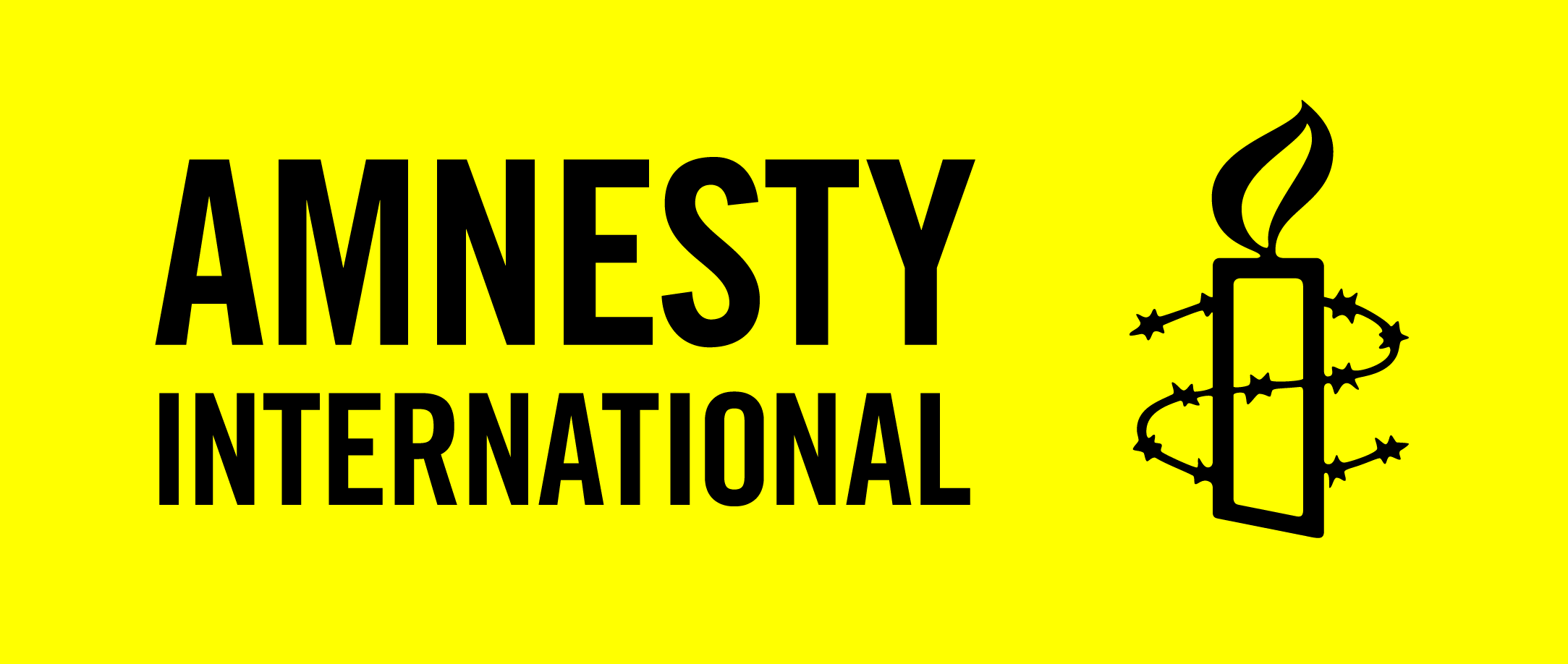MSF on Sudan
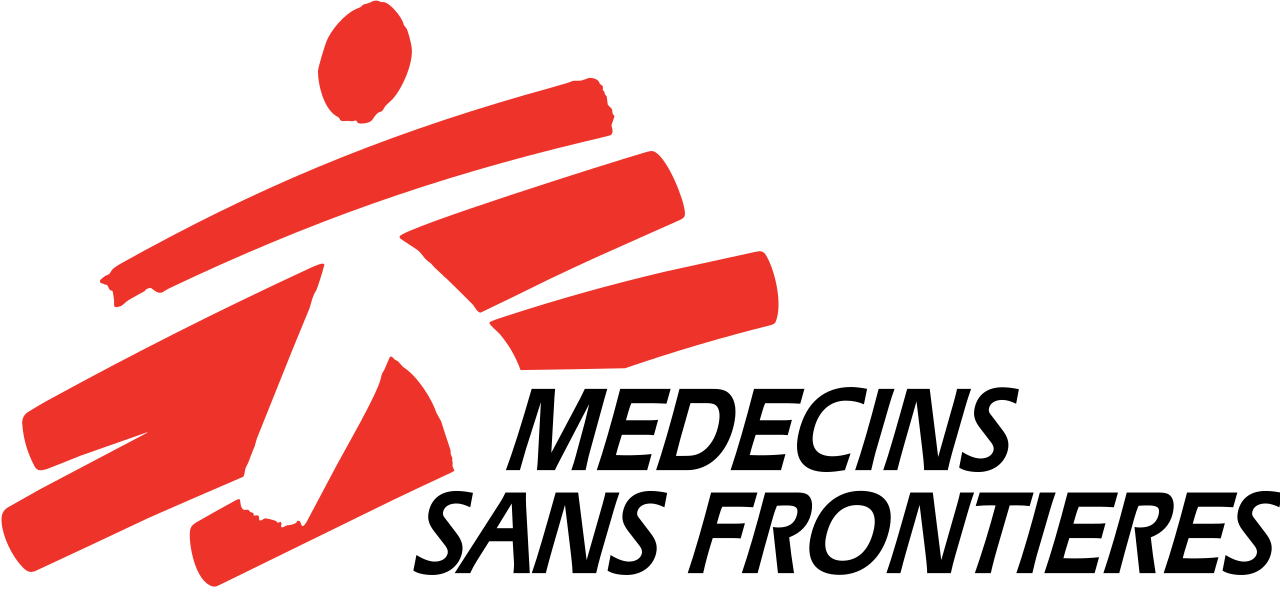
The consequences of over a year of full-blown conflict on the health and wellbeing of people in Sudan are disastrous. The population has faced horrendous levels of violence, succumbing to widespread fighting and surviving repeated attacks, abuse, and exploitation by the Sudanese Armed Forces (SAF) and the Rapid Support Forces (RSF). Drawing on medical and operational data collected from April 15, 2023, to May 15, 2024, this report highlights the patterns of violence observed by our teams, the features of abuse characterising this conflict, and the ensuing health consequences for affected populations.
In active conflict areas in Khartoum and across Darfur states, MSF supports the few remaining hospitals and emergency wards functioning in Sudan. Our teams treat thousands of war-wounded patients in locations affected by crossfire, large-scale bombing, and shelling where homes, health facilities and essential infrastructure were hit, destroyed, and made inoperable. From August 15, 2023, to April 30, 2024, the Al Nao hospital in Omdurman – one of the eight facilities MSF supports in Khartoum state – admitted a total of 6,776 war wounded patients, on average 26 war wounded patients per day, for gunshot (53%), shrapnel (42%), and stabbing wounds (5%). At least 399 of them died from their injuries. Women and children have not been spared, comprising almost 30% of the 624 war-wounded treated – in March 2c024 alone. From May 2023 to April 2024, MSF teams in Bashair Teaching Hospital in Khartoum treated 4,393 patients presenting with trauma related injuries, corresponding to 42% of all Emergency department consultations across the period of analysis.
Across Sudan, people’s access to lifesaving care has been drastically affected due to critical shortages, widespread obstruction and looting of medical supplies, insecurity and attacks against patients and medical staff, breaches of medical protocols in hospitals, and structural damages to healthcare infrastructure. Al-Nao Hospital was hit by shells on four separate occasions in August, October, November 2023 and June 2024, leading to a reduction in the availability of lifesaving services. In July 2023, a healthcare worker of the MSF-supported Al-Saudi Maternity Hospital was shot dead inside the maternity ward, leading to the closure of the facility. Nowhere is safe for populations trapped in Sudan’s conflict hotspots, forcing millions to flee.
In the camps and gathering sites where refugees and displaced populations seek safety, MSF patients recount horrific stories of inhuman treatment and violence perpetrated by armed groups on the civilian population. People’s accounts describe systematic cases of forced eviction, looting and arson, degrading interrogation, arbitrary arrest, abduction and torture – all against the backdrop of heightened suspicion around those attempting to flee and reach safer areas.
Sexual and gender-based violence is pervasive but critically underreported due to stigma, silence for fear of retaliation, and the void in protection services and confidential spaces conducive to disclosure. Data from MSF facilities supporting Sudanese refugees in Chad hint at the widespread use of sexual violence as a form of warfare, particularly targeting women and girls. Between July and December 2023, 135 survivors turned to our teams in Adre (Chad), disclosing cases of rape, abduction, and exploitation perpetrated in Sudan during the conflict. In 90% of cases, perpetrators were armed men.
In Western Darfur, violence has taken an ethnic dimension, targeted against the Masalit tribe, and has included forced displacement, unlawful killing, and other forms of inhuman treatment reportedly by the RSF and affiliated groups. In June 2023, MSF teams in Chad treated over 800 war-wounded patients in three days, most of them Masalit having fled El Geneina city and its surroundings. A retrospective mortality survey conducted by MSF between August and September 2023 in three Sudanese refugee camps in Chad showed excess mortality across the camps; Ourang[1] camp observed a 20-fold increase in mortality rates from April 2023 onwards with a peak in June, compared to pre-crisis rates. Additionally, an MSF survey conducted in South Darfur in February-March 2024 indicated excess crude mortality rates and found that in north Nyala, the conflict is leading to a doubling of the crude mortality rate (CMR), especially during heavy fighting in October 2023.
More than a year of full-blown conflict has had disastrous consequences on the health and wellbeing of people in Sudan. The physical and mental wounds of violence have been exacerbated by the collapse of the health system and the paucity of the international humanitarian response. MSF teams continue to treat people dying from preventable complications because they were unable to reach any facilities earlier or afford medicine, if available. MSF mental health teams are seeing the tremendous toll of conflict and violence on people’s mental health and psychological wellbeing, with widespread trauma-related symptoms sometimes leading patients to self-harm.
As MSF continues to respond to urgent medical needs and the consequences of ongoing violence, further exacerbated by lack of humanitarian access and the warring parties’ blatant disregard for human life and international humanitarian law (IHL), MSF calls for:
- Warring parties to cease attacks on residential neighborhoods, allow safe passage and routes for people seeking protection, and protect vital infrastructure from further destruction and looting;
- Warring parties to stop all targeted forms of violence and abuse against populations and ensure that ethnic violence and sexual and gender-based violence are not used as weapons of war;
- Warring parties to immediately facilitate aid; allow unhindered humanitarian access and ensure supplies and staff reach those in need; assistance must be able to reach people in need across borders and front lines.
- Vested partner states and regional bodies to increase pressure on the warring parties in Sudan to abide by their obligations regarding civilian protection and hold those violating civilian protections to account;
- the United Nations to repeat and amplify messages regarding the promotion and respect of international humanitarian and human rights laws, increase field presence of UN senior staff, and ensure that protection responses are scaled up and adequately coordinated;
- Humanitarian organisations to scale up programming and adapt the response across all sectors to the complexity of the operational context in Sudan.
[1] Currently known as Aboutenge camp
- Most Viewed
- Most Popular


